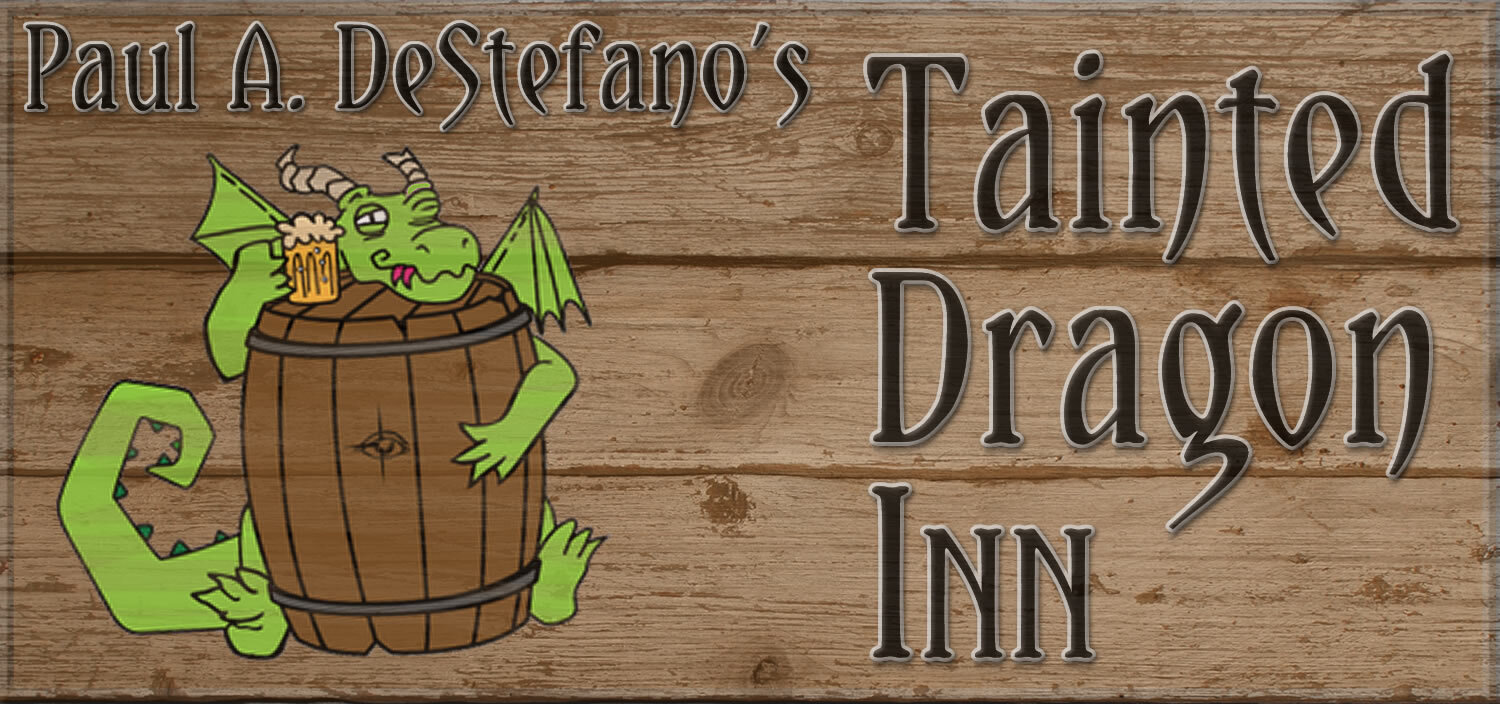Ethics of Historical Wargames
/This is just an opinion piece that I've been asked about and I thought I'd write it up here. I find historical wargames too real to play comfortably. I do not claim by any stretch to be “right” in what follows, it's nothing more than the way I feel. I’m also terrified of the sea and yet millions swim in it for leisure. I understand something miswired in my mind causes panic when I see a wave where others see pleasure. It's nothing more than the way I feel, and I don’t begrudge those who see otherwise.
In Afrika Korps, a stack of cardboard counters is moved next to another, a die is rolled and a few chits removed.
In Doom, a little miniature Space Marine, known with affection by many video gamers as Doomguy, dukes it out with the dukes of hell. Quasi-satanic imagery abounds as demons of semi-technological origin roam hallways packed with the undead. Miniatures are clearly demonic and horrible in nature, and scenarios are filled with finding dead comrades, and those that have decided not to stay dead in an effort to literally pull the hero limb from limb.
I find Doom a glorious fun romp, and Afrika Korps a sickening symbol of the deflation of the value of human life.
Blood in movies is corn syrup and food coloring, or more recently, outstandingly rendered pixels. OK, occasionally a stuntman actually gets a broken nose or bloody lip on screen. But in general, the violence is a fantasy.
Stories need to be told. People need to be aware of the horrors in the world, so that a bold few may step up to try with all of their might to change it. Lessons must be learned.
BattleLore holds a prime spot next to my gaming table, with archers and knights aplenty, waiting to tear each other apart on the open fields. However, I never play without the fantasy elements. Not just that the Lore and creatures add so much fun, but it disturbs me otherwise.
Memoir ’44, a sister game with nearly identical mechanics, shall never be played into my house. I don’t allow that type of degradation of humanity in.
The difference is subtle and simple.
Some games feature generic bodies. Soldiers and guns on unnamed fields. At least here, we cannot directly connect a piece of cardboard to an individual human.
Games that are ‘simulations’, that people play to ‘learn history’ and ponder ‘what if’ scenarios are games that let us play out historical events with miniatures, counters, dice and rulers, where the pieces used don’t represent some fantastic warrior, but actual humans.
Many games go into the vast detail of the exact squad being represented, to provide the utmost historic accuracy. Yet for the fun of the hobby, or for the study of history, actual human beings who had mothers and families and hopes and dreams, are a silhouette on cardboard to be casually pulled from a hex on a good die roll.
In Naval simulations, a tossed away chit marks what may have historically been the deaths of hundreds who drowned trying to get to safety as their ship collapsed around them in a fury of fire and crushing metal. Too bad the attacker didn’t roll a 1.
Simulation or game, for study or play, the most astounding artifact known to man – Man itself - is reduced to a representative statistic to be tossed into the box with other chits.
In High School, to learn history, I bought several wargames. Like Afrika Korps. At some point the facts and figures and death tallies in the books connected to the pile of defeated chits on the side of the table.
I saw them for what they are. They’re tiny cardboard tombstones.
And I felt inhuman.
Try as I might, I cannot get past the point that some games represent actual lives lost and families destroyed.
In a game like Doom, that mini is a personality created solely for the fiction of a game. He’s not representative of a soldier in Vietnam, or a Greek with an ornate helm, or whatever actual life once walked this earth. He’s a fiction.
An identical game, with pieces renamed, some fantasy or science fiction names for the weapons and fictional locations doesn’t bother me one bit.
But when a grandfather dies on foreign soil in 1944 and it makes you wonder how life would have been different with a few more aunts and uncles, it isn’t a game or simulation anymore.


